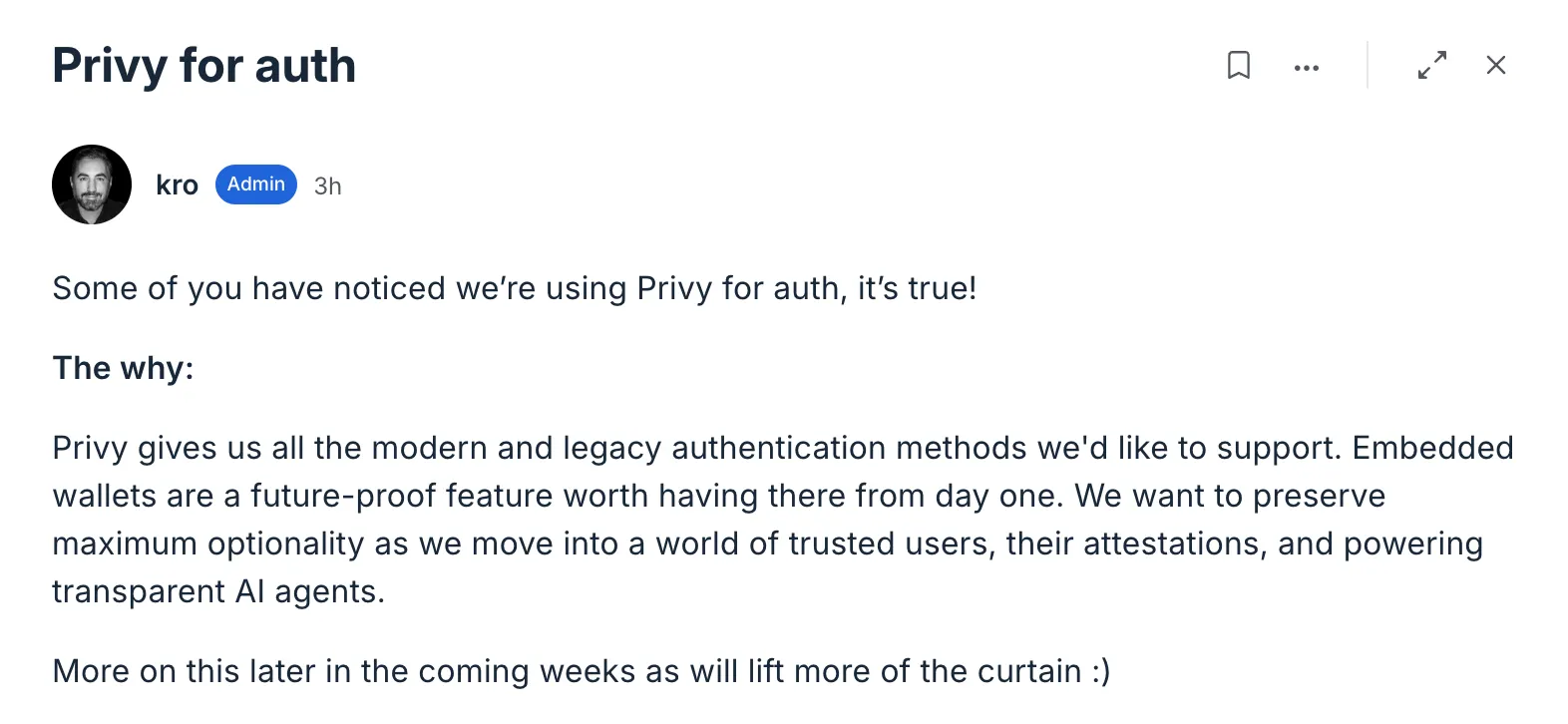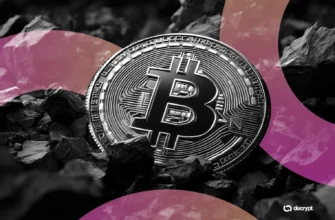
Kevin Rose’s Digg, the tech entrepreneur’s and investor’s social media news platform that is slated to be revived in coming months will feature a cryptocurrency connection. The social platform uses Privy, an embedded wallet system as an authentication tool for its revamped launch.
The Privy technology is also used in popular Web3 apps like the NFT market OpenSea, and Pump.fun’s token launchpad. Users can create their crypto wallet using just an email. This abstracts technical complexity like seed phrases, which have been barriers for adoption.
“Privy provides us with all the legacy and modern authentication systems that we would like to be able to support.” Rose, one of Digg’s first contributors to Circle’s community feedback platform said that embedded wallets were a feature she wanted from the start. “We are committed to maintaining maximum options as we enter a new world of trusting users, their attestations and transparent AI agents.

Rose, who founded Digg in 2004 and announced that he would be retiring in early March, was the first to announce his resignation. Restoring the site Alexis Ohanian is a crypto enthusiast and co-founder at Reddit.
Rose said in his message on Thursday that he would reveal more details in the weeks to come. A Digg representative replied to an email with the following message: Decrypt The same comment as Rose’s, but attributed to Digg CEO Justin Mezzell.
Mezzell teased an example of a possible use in March, when he Tell Me Verge that a key challenge to making Digg work was “figuring out how to reward and promote users for doing good work"—a problem that is typically solved in crypto with token incentives.
Mezzell previously worked with Rose in his role as COO at Web3 and the Moonbirds Ethereum NFT Collection was created by him. This project gained prominence in 2022 with an extremely popular sale, right before the NFT industry crashed.
They now return to Digg, after leaving Proof. Bored Ape Yacht Club Creator acquires Bored Ape Yacht Club Yuga Labs by February 2024. Proof leadership drew the ire of many crypto participants when the firm didn’t fulfill its ambitious plans after raising more than $60 million—$10 million of which came from Ohanian’s VC company Seven Seven Six.
Andrew Hayward edited the book
Editor's note: This story was updated after publication to note the response from a Digg spokesperson.


